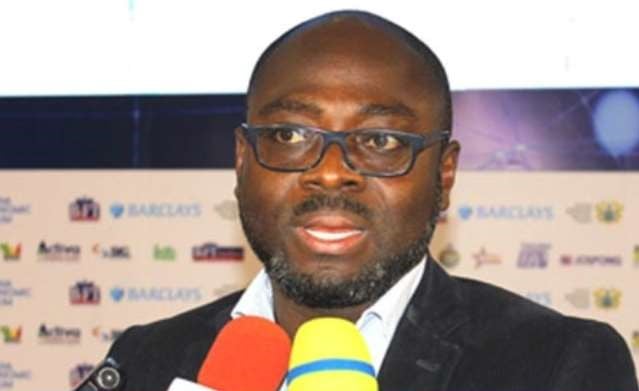As Ghana prepares for the National Economic Dialogue (NED) on March 3, 2025, Professor Lord Mensah, an economist and finance lecturer at the University of Ghana Business School, has emphasized the need for tangible implementation of its outcomes to restore economic stability.
In his maiden State of the Nation Address, President John Mahama described Ghana’s economic situation as dire, with public debt reaching GH¢721 billion.
He highlighted that the NED will provide a platform to assess the state of the economy and develop key policies to address the country’s financial crisis.
According to the president, the dialogue will also play a crucial role in shaping a home-grown fiscal consolidation program, identifying structural reforms, and setting policy priorities to reset the economy and promote inclusive prosperity.
However, for Professor Lord Mensah, the success of the NED depends on its ability to translate discussions into concrete policy actions rather than remaining a theoretical exercise.
“I don’t want it to be a document or a guideline that will be restricted to this particular administration. The outcome of this dialogue should not be something that will be sitting on the shelves – just a paperwork that on the grounds, different things will be happening without necessarily implementing what we proposed at the dialogue,” he told Citi Business News.
He also stressed the importance of ensuring Ghana’s smooth exit from the current IMF program by May 2026, noting that the country tends to exhibit stronger fiscal discipline under IMF supervision but struggles when left to manage its own finances.
“The question is as we going to hold up a dialogue, we should be able to center this discussion as to how we are going to manage our finances without IMF and be disciplined. That should be discussed thoroughly at the dialogue,” he said.
With expectations high, stakeholders are looking to the National Economic Dialogue to deliver practical, long-term solutions that will strengthen Ghana’s economy beyond the IMF era.


